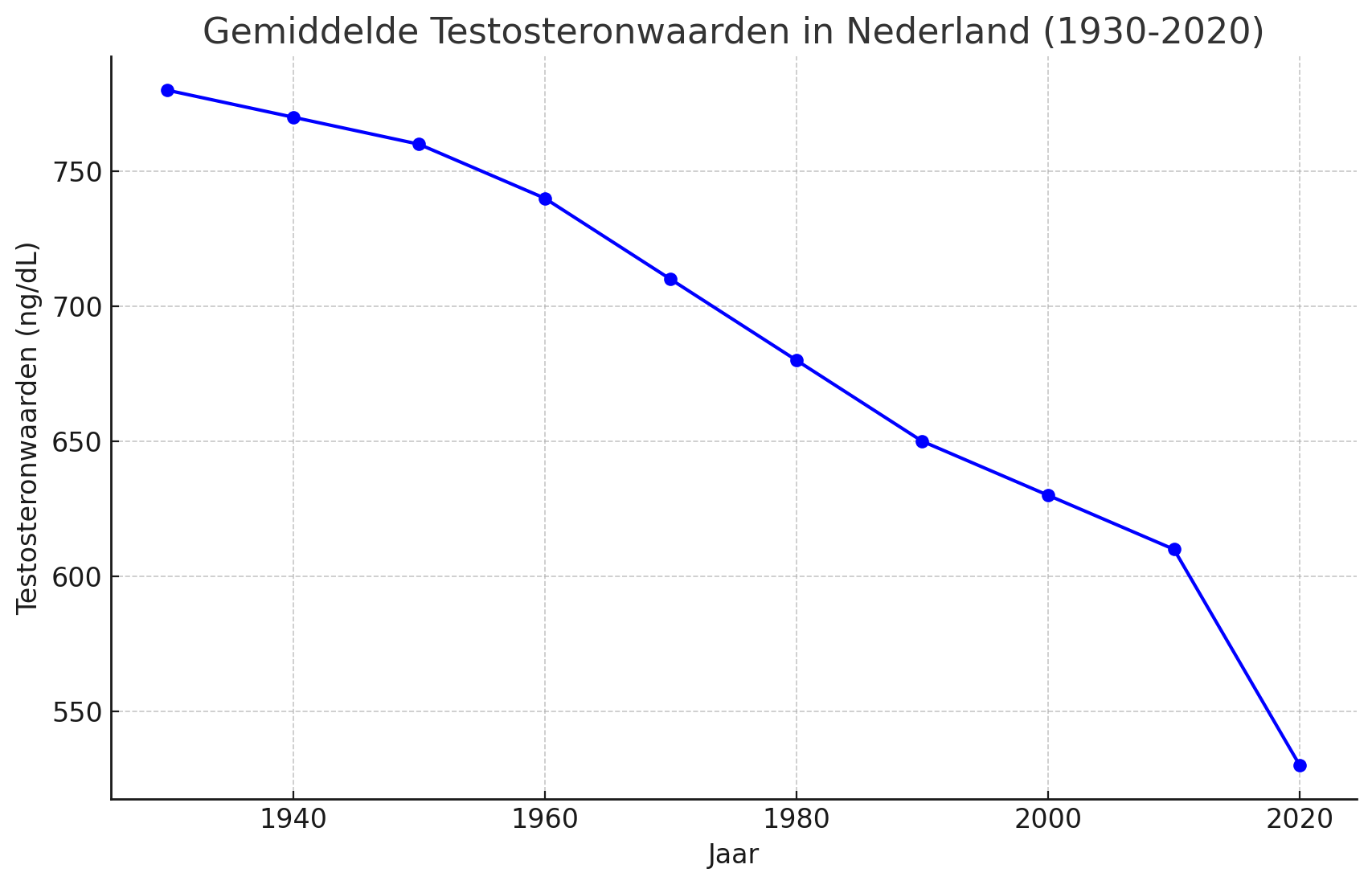Impact of Dishwashing Detergents on Gut Health
A recent study has shown that dishwashing detergents, especially rinse aids, can damage the intestinal barrier . This can lead to health problems such as inflammation and allergies.
Table of contents
- Introduction
- Key Lessons Learned
- What is the Intestinal Barrier?
- How Dishwasher Detergents Work
- Harmful Substances in Dishwasher Detergents
- Impact on Health
- Disruption of the intestinal flora
- Chronic Inflammation
- Frequently Asked Questions
Key Lessons Learned
- Dishwasher detergents contain chemicals that can be harmful to the intestinal barrier.
- Alcohol ethoxylates are one of the main harmful substances in rinse aids.
- A damaged intestinal barrier can lead to inflammation and chronic disease.
What is the Intestinal Barrier?
The intestinal barrier is a protective layer in our intestines that keeps harmful substances out while nutrients are absorbed. This barrier plays a crucial role in maintaining our health. The intestinal barrier consists of a single layer of epithelial cells that are closely connected to each other by so-called tight junctions . This structure prevents unwanted substances and microorganisms from entering the bloodstream.
The intestinal barrier acts as a gatekeeper that selectively determines which substances are absorbed into the body and which are excreted. This is essential for maintaining healthy intestinal flora and a well-functioning immune system. When this barrier is damaged, harmful substances and microorganisms can enter the bloodstream, which can lead to various health problems.
How Dishwasher Detergents Work
Detergents are designed to remove stubborn dirt and grease from dishes. They contain powerful chemicals that make this possible. Rinse aids help dry dishes and prevent spots and streaks. During a dishwashing cycle, detergents and rinse aids are used in high concentrations and at high temperatures to achieve optimum cleaning results.

The cleaning process in a dishwasher consists of several steps:
| Step | Function |
|---|---|
| Prewash | Removes loose dirt |
| Head wash | Used dishwashing detergent to remove grease and food residues |
| To rinse | Use water and rinse aid to remove residue and dry |
The chemical composition of dishwashing detergents often includes surfactants, enzymes and bleaching agents. These components are effective in breaking down and removing fat and proteins, but can also be aggressive to biological tissues such as the intestinal barrier.
Harmful Substances in Dishwasher Detergents
The study shows that especially rinses have harmful effects on the intestinal barrier. One of the main substances responsible for this is alcohol ethoxylates . This substance can be harmful even in low concentrations.

What are Alcohol Ethoxylates?
Alcohol ethoxylates are surfactants used in many cleaning products for their ability to effectively remove grease and dirt. While useful in cleaning products, they can also be harmful to biological membranes such as the intestinal barrier.
| Dust | Effect on Intestinal Barrier |
|---|---|
| Alcohol ethoxylates | Increases permeability |
Mechanism of Damage
The study showed that alcohol ethoxylates disrupt the structure of tight junctions between epithelial cells, leading to increased permeability of the intestinal barrier. This process is often referred to as “leaky gut syndrome.” When the intestinal barrier is leaky, bacteria, toxins, and undigested food particles can enter the bloodstream and trigger immune responses.

A healthy epithelium ensures that nutrients are absorbed properly and harmful substances are blocked. When the tight junctions between cells are damaged by chemicals such as alcohol ethoxylates, this can lead to increased permeability of the intestinal barrier. This means that unwanted substances can more easily enter the bloodstream, leading to inflammation and other health problems.
Impact on Health
When the intestinal barrier is damaged, harmful substances and bacteria can more easily enter our bodies. This can lead to inflammation and conditions such as food allergies and inflammatory bowel diseases.
Example from the study: Cells exposed to alcohol ethoxylates at concentrations normally used in commercial dishwashers showed significant damage and increased permeability. This shows that even residues of rinse aid on clean dishes can be sufficient to damage the intestinal barrier.
Disruption of the intestinal flora
In addition to the direct damage to the intestinal barrier, the chemicals in dishwashing detergents can also affect the composition of the intestinal flora. Healthy intestinal flora is essential for a well-functioning immune system and the digestion of food.
| Effect | Possible Consequences |
|---|---|
| Disrupted intestinal flora | Increased susceptibility to infections, reduced nutrient absorption |
The gut flora consists of trillions of microorganisms that help digest food and protect against pathogens. When the composition of these microorganisms is disrupted by exposure to harmful chemicals, it can lead to a reduction in the diversity and abundance of beneficial bacteria. This in turn can lead to increased susceptibility to infection and reduced nutrient absorption.
Chronic Inflammation
When the intestinal barrier is damaged, inflammatory processes in the body can become chronic. This can lead to long-term health problems such as autoimmune diseases.
Example from the study: Subjects with increased intestinal barrier permeability also showed higher levels of inflammatory markers in their blood.
Chronic inflammation can affect multiple systems in the body and has been linked to a wide range of health problems, including heart disease, diabetes, and certain cancers. Increased intestinal barrier permeability allows pro-inflammatory substances to enter the bloodstream and trigger an immune response, which can contribute to the development of chronic diseases.
Are there alternatives to traditional dishwasher detergents?
Yes, there are several alternatives available that are less harmful to your health and the environment. Look for detergents that are biodegradable and do not contain harsh chemicals.
| Alternative | Advantage |
|---|---|
| Biodegradable | Less harmful chemicals |
| Manual washing | Completely avoids chemical residues |
What does science say about the long-term effects?
Although this study focuses on the short-term effects of exposure to dishwasher detergents, the findings suggest that long-term exposure may contribute to the development of chronic diseases. Further research is needed to understand the full long-term impact.
Are commercial dishwashers more harmful than household dishwashers?
The study shows that commercial dishwashers use higher concentrations of harmful chemicals, which can lead to more residue on dishes, making them potentially more harmful than domestic dishwashers.



